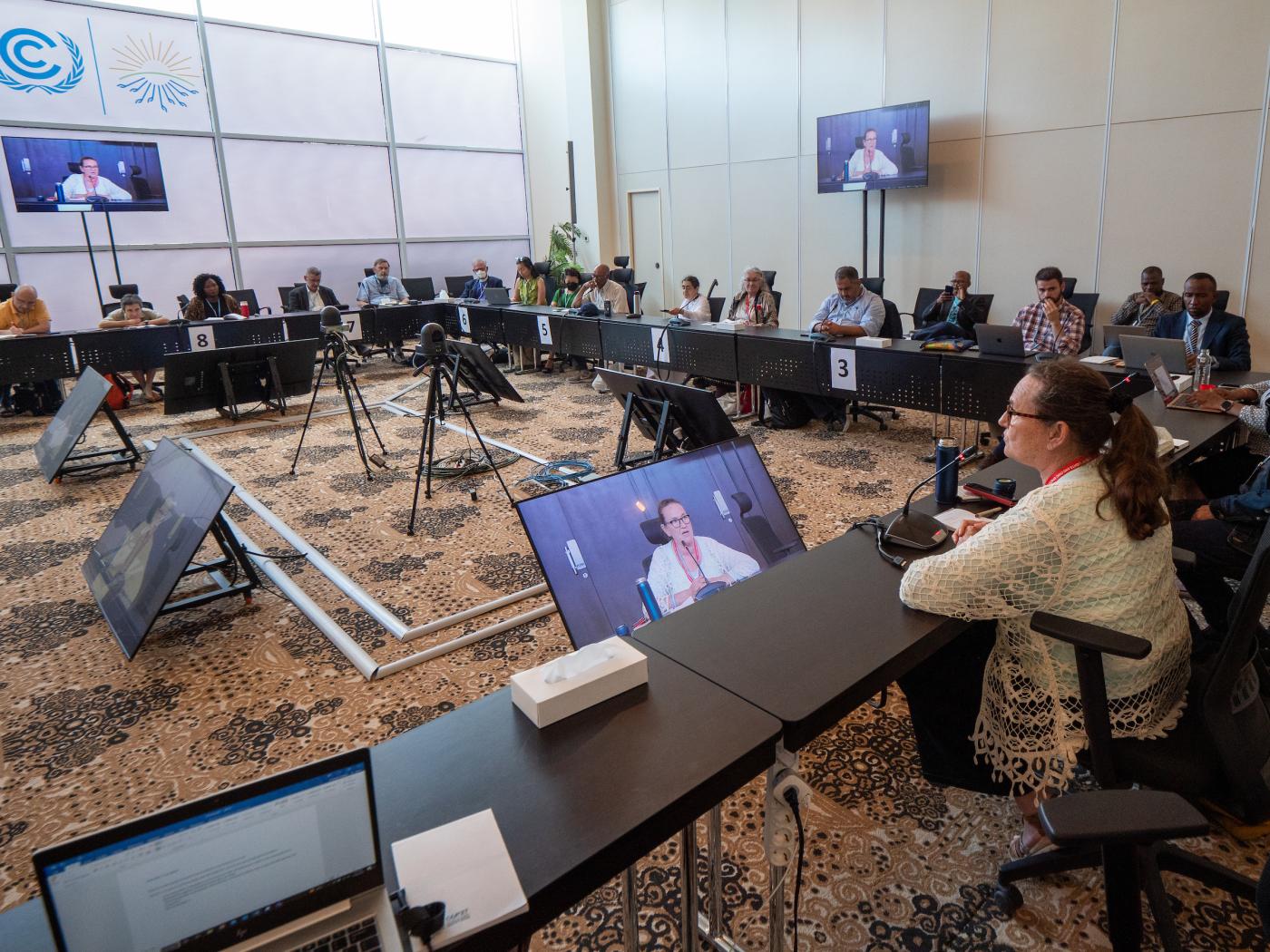A lot was at stake at COP27 as negotiations and implementations on climate change legislation can either mean further devastation to the climate and environment or a move towards saving the earth from deeper climate crisis. Already climate chaos is being felt by countries and communities all over the world. Floods are taking lives and devastating some neighborhoods beyond repair. Droughts are causing migration of animals and families to more fertile land. Forest fires are burning up homes and animals as the earth heats up in greater intensity. Climate refugees are increasing in number and catastrophes are being experienced in many parts around the world.
Therefore, the outcomes of COP27 will have grave consequences for many generations to come. World leaders and negotiators had the opportunity to make wise climate crisis decisions which could help contribute to the decrease of climate change and work towards a green sustainable future for generations to come.
In addition to the heads of states at COP27, there are other attendees such as non-governmental organizations, observers, activists, Indigenous leaders, and religious leaders. The World Council of Churches was present in many ways at COP27. I was part of the group with the aim of understanding, studying, and helping bring spiritual understanding and meaning to climate justice work.
Rev. Henrik Grape, a WCC climate consultant present at COP27, believes that it is important for faith communities to be at COP27. He states, “We need to make an impact, and it is hard to know when we have an impact or not. We cannot remain silent as we will then leave the floor to everyone else. Faith communities are worldwide, and we are acting together.” Faith communities from around the world are trying to make a positive impact on this global crisis so that we can work towards a greener earth. When faith communities come together, we realize that this climate crisis isn’t a tribal concern or just a regional issue. Rather, it is a global distress, and it affects the entire global family which includes all animals, plants, and the earth. Faith communities are hopeful that our presence at COP27 will inch us closer to making this world a sustainable world.
As a theologian, my own theological journey and understanding of God has undeniably pushed me to work towards climate justice. Spirituality and faith have shown us that the Spirit of God is within us, among us and around us. This implies that the Spirit of God is present in all of creation. If God is everywhere, any destruction or devastation towards any part of creation is an attack upon God. God is suffering due to our own negligence to take care of God’s creation and become good stewards of the earth. God’s cry on the cross is being heard repeatedly as we hear God’s cry of climate injustice upon all of God’s creation. God’s cry is being heard all over the earth as the earth groans in pain and devastation as plants, trees, rivers, fishes, mountains, and skies scream in suffering over our destruction of the God’s creation.
We need to remind ourselves that we are only a small part of God’s creation. As we are guilty in partaking in destroying God’s work, we need to take responsibility, acknowledge our evil ways, lament, and ask for forgiveness. This will lead us to change our ways of being and living. A metanoia happens. If everyone changes our ways of living and being, we can begin to participate in saving God’s beautiful creation. Metanoia just might even help us save the planet as we all heed God’s suffering from our selfish ways.

